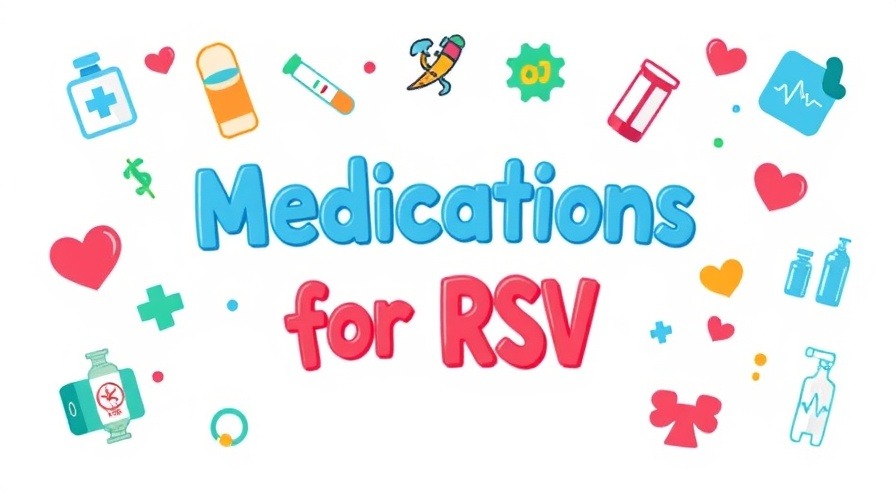
Is Your Child Asking for Coffee? Here’s What You Need to Know
As parents, we often find ourselves in a quandary when our children gaze longingly at our coffee cups. With the rise of coffee culture among younger generations, where teens may think swapping their sodas for an iced latte is a healthier choice, it’s crucial for parents to understand the implications of caffeine consumption on kids. While enjoying a cup of coffee or grabbing a drink from a cozy café can feel like a rite of passage, it’s essential to discern how much is too much.
Why Are Kids Drinking Coffee Today?
The surge in children consuming coffee comes down to several factors. Many kids and teens are getting less sleep due to demanding schedules and habitual late-night screen time, which naturally leads them to seek a quick energy boost in the morning or during the day. Beyond mere tiredness, the social aspect of coffee culture plays a significant role—coffee shops are trendy hangout spots, and sipping these drinks has become a social activity. Added to this is the fact that modern coffee drinks are often designed to appeal to young taste buds with various syrups, sweeteners, and creamy toppings, steering them away from traditional “bitter” coffee.
The Safety Spectrum: How Much Caffeine is Too Much?
Current guidelines from Health Canada provide a helpful framework for understanding caffeine consumption in children:
4-6 years: No more than 45 mg/day (roughly equivalent to a mini mocha frappuccino).
7-9 years: No more than 62.5 mg/day (similar to a tall caffe vanilla frappuccino).
10-12 years: No more than 85 mg/day (about what’s in a grande caramel cocoa cluster frappuccino).
To put this in perspective, an 8-ounce cup of coffee typically contains around 100 mg of caffeine. It's easy for a child to exceed limits, especially when factoring in energy drinks and sodas. While moderate caffeine intake is generally deemed safe, exceeding 400 mg can lead to notable health consequences, particularly for children with underlying health issues.
Impact of Caffeine on Children’s Health
Although research regarding caffeine effects on kids is relatively limited when compared to adults, it's crucial to remember that caffeine acts as a stimulant. Because children usually weigh less than adults, they are more susceptible to caffeine’s effects. According to the American Academy of Pediatrics, possible side effects of caffeine consumption in children can include:
Fast or irregular heartbeat
Elevated blood pressure
Rapid breathing
Anxiety and restlessness
Nausea and diarrhea
Sleep disruption
These side effects can severely affect a child’s functionality at school or in sport. If your child is showing signs of caffeine sensitivity, it may be time to reevaluate their intake.
Practical Advice for Parents
When it comes to coffee and kids, moderation is key. Here are several ways to balance your child’s curiosity while ensuring their health remains a top priority:
Lead by Example: As parents, demonstrating healthy choices can influence children profoundly. Show them that water, herbal teas, or milk can be just as satisfying!
Set Limits: Help children understand caffeine limits through open conversations. Allow them to enjoy coffee occasionally but set specific boundaries to avoid a regular habit.
Encourage Alternatives: Getting creative with flavors and fun beverages can suit their desire for coffee. Smoothies, flavored sparkling waters, or homemade fruit-infused drinks can provide energy without too much caffeine.
Reflecting on the Bigger Picture
Remember that the influence of social culture is powerful, and children may not realize how this can shape their drinking habits. As healthcare professionals emphasize, education and awareness can foster a healthier approach toward caffeine and general nutrition. Encouraging children to adopt a balanced perspective on what they consume will set them on a path to making healthier choices as they grow.
Ultimately, the key is to engage in meaningful conversations with your kids about what they drink and eat. Make coffee a treat rather than a regular occurrence, and remind them that the best energy often comes from natural sources, like nutritious foods and adequate sleep. The next time they ask for a sip of your drink, guide them toward healthier options while honoring their curiosity.
By fostering openness around food and drinks, you empower your kids to make choices that support their well-being into adulthood.
 Add Row
Add Row  Add
Add 




 Add Row
Add Row  Add
Add 

Write A Comment